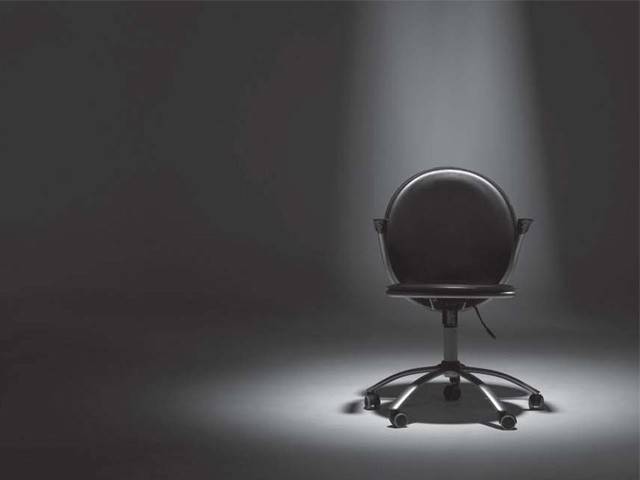ISLAMABAD - Matiullah Jan - Pakistan's top constitutional lawyer, one of the authors of 1973 constitution and a former law minister Advocate Abdul Hafiz Pirzada says the superior courts' observations in the past that martial laws have been buried forever were nothing but a misunderstanding and an over-expectation.
"The parliament established these military courts under the same doctrine of necessity and if this was not the case then the parliamentarians would not have shed tears after voting for it," said Abdul Hafeez Pirzada, in an exclusive interview to Waqt News programme Apna Apna Gareban to be aired in two parts on Saturday and Sunday.
Pirzada was a cabinet member in the government of Prime Minister Zulfiqar Ali Bhutto, which was overthrown in a 1977 military coup. The then Supreme Court validated the military takeover by General Ziaul Haq under the "doctrine of necessity" and also went on to uphold Bhutto's execution by hanging in a murder case, a verdict remembered by many as judicial murder. A presidential reference for an extraordinary review of that judgement is still pending in the Supreme Court.
Pirzada who was arrested, prosecuted and jailed by military authorities under General Ziaul Haq's regime was of the view that in the circumstances prevailing today the military courts established by the parliament were in national interest. He was of the view that just like the government, the judiciary too lacked governance and that was why some of the members tearfully admitted to have voted for the military courts against their conscience. "The military courts had to be established," he said.
"The [judicial] observations that martial laws have been buried forever were a misunderstanding and an over-expectation, a state of mind which our [Bhutto's] government too was in after the passage of the 1973 consensus constitution," Pirzada maintained.
In the interview, Pirzada disclosed some interesting historical facts and events about the creation of Bangladesh and military coup by General Zia. He narrated interesting accounts of post-election negotiations between the Bengali leaders and the politicians from West Pakistan when the latter were insulted and snubbed repeatedly. He also disclosed about pre-coup verbal clashes between General Zia's corps commanders and Bhutto's ministers. He also disclosed details of a meeting between General Zia and Bhutto where the latter was warned about "military option" ten days ahead of actual coup.
The detailed two-part interviews will be aired on Saturday and Sunday nights (tonight and tomorrow respectively) on Waqt News.
Saturday, April 20, 2024
Parliament invoked doctrine of necessity, says Pirzada
MILITARY COURTS

22 suspects arrested
April 20, 2024
RCCI chief for promoting law-abiding culture
April 20, 2024
Provision of quality education govt’s priority: KP minister
April 20, 2024
A Tense Neighbourhood
April 19, 2024
Dubai Underwater
April 19, 2024
X Debate Continues
April 19, 2024
Hepatitis Challenge
April 18, 2024
IMF Predictions
April 18, 2024
Kite tragedy
April 19, 2024
Discipline dilemma
April 19, 2024
Urgent plea
April 19, 2024
Justice denied
April 18, 2024
AI dilemmas unveiled
April 18, 2024
ePaper - Nawaiwaqt
Advertisement
Nawaiwaqt Group | Copyright © 2024





